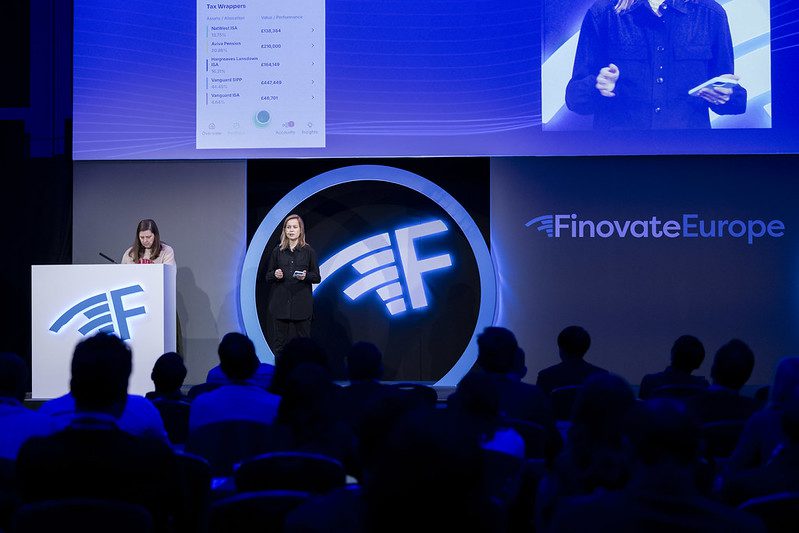
- Palo Alto Networks is acquiring identity security company CyberArk for $25 billion.
- The deal marks Palo Alto Networks’ first major move into the identity space as threats from AI-generated attacks and synthetic identities increase.
- The deal will integrate CyberArk’s privileged access management tools into Palo Alto’s AI-driven platforms, expanding protection to human, machine, and AI agent identities under a unified security architecture.
Palo Alto Networks announced plans to acquire CyberArk this week. The Massachusetts-based identity security company agreed to be acquired for approximately $25 billion.
The deal will bring CyberArk’s privileged access management (PAM) and identity security technology into Palo Alto Networks’ existing AI-powered security platforms, marking the California-based company’s first entry into the identity space. Combining the expertise of the two organizations, Palo Alto Networks will extend identity protection to all identity types, including human, machine, and autonomous AI agents.
For CyberArk, the new backing will help to establish itself as an identity security platform by driving better combined security outcomes.
“Our market entry strategy has always been to enter categories at their inflection point, and we believe that moment for Identity Security is now,” said Palo Alto Networks Chairman and CEO Nikesh Arora. “This strategy has guided our evolution from a next-gen firewall company into a multi-platform cybersecurity leader. Today, the rise of AI and the explosion of machine identities have made it clear that the future of security must be built on the vision that every identity requires the right level of privilege controls, not the ‘IAM fallacy’. CyberArk is the definitive leader in Identity Security with durable, foundational technology that is essential for securing the AI era. Together, we will define the next chapter of cybersecurity.”
The deal comes at a time when identity and security are converging, especially as gathering credentials for both human and machine identities such as AI agents begins to challenge traditional security frameworks. The integration of CyberArk’s Identity Security Platform with Palo Alto Networks will provide a single solution to help eliminate security gaps; extend identity management to ensure the right level of privilege controls is applied to every identity, which includes humans, machines, and even agents; and help enforce just-in-time access and least privilege principles to ensure that AI agents are granted only the permissions they need.
Palo Alto Networks was founded in 2005 and has since provided more than 70,000 organizations across the globe with solutions across network, cloud, and security operations. The transaction has been approved by the Boards of Directors of both Palo Alto Networks and CyberArk, and is expected to close in the second half of 2026.
This deal marks a notable shift in cybersecurity, as it signals that identity security is no longer an add-on, but it is rather a central piece of the future of threat prevention. As organizations rely more on cloud infrastructure, machine-to-machine communication, and AI-driven operations, identity should be front and center. Palo Alto Networks’ move to integrate CyberArk’s technology doesn’t just add another product line, but instead redefines cybersecurity architecture around identity as the new perimeter.
The move also comes at a time when banks are fighting deepfake identity images at onboarding, struggling to distinguish synthetic identities created by AI from real images, and facing pressure to secure machine-to-machine communications. Each of these elements highlight the growing need for stronger identity verification and privilege management across both human and non-human users.
Photo by Brett Sayles
Views: 64







